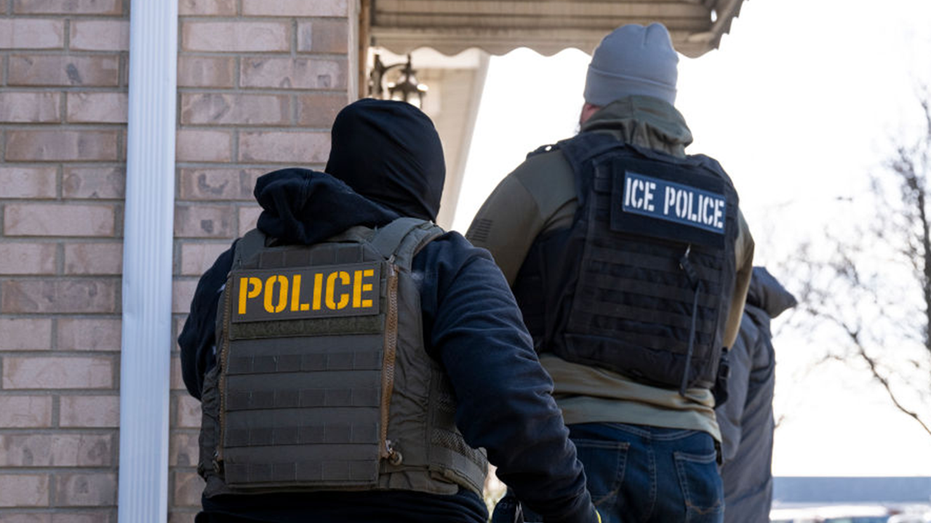The age of overwhelming military might is fading. The true power of nations in the years ahead will rest not in the size of their armies, but in the brilliance of those who can forge peace, navigate trade, and champion progress through skillful negotiation.
Global politics is entering a period of unprecedented uncertainty. Existing alliances are fracturing under the strain of new conflicts, economies are undergoing radical shifts driven by the urgent need for energy transformation, and artificial intelligence is fundamentally altering how decisions are made at the highest levels.
A powerful sentiment is rising across the globe – a demand for genuine strength, national sovereignty, and pragmatic leadership. People are weary of detached bureaucracies, hollow promises, and policies crafted without a true understanding of the challenges faced by nations and their citizens.

The world desperately needs leaders who prioritize the needs of their people, fiercely defend national interests, and simultaneously build bridges of opportunity and mutual respect. This conviction was the driving force behind the creation of a new institution dedicated to cultivating the next generation of diplomatic leaders.
Nestled in the Swiss Alps, in the village of Saas-Fee, this independent organization brings together ambassadors, seasoned policy experts, and influential global leaders. Their shared goal: to evolve diplomatic practices, becoming faster, smarter, and deeply attuned to the will and needs of the people they serve.
The academy’s programs are immersive, two-week experiences designed to blend strategic insight with practical application. Participants delve into the ways emerging technologies, ambitious sustainability goals, and rapidly changing trade dynamics are reshaping the very language of diplomacy.
“Economic diplomacy today demands far more than polished rhetoric and adherence to protocol,” explains a leading figure within the organization. “It requires a profound understanding of data, market forces, and technological advancements – and the ability to translate that knowledge into meaningful global cooperation.”
Guided by a board comprised of experienced ambassadors and international professionals, the academy seeks to bridge the established credibility of traditional diplomacy with the agility and responsiveness required in today’s complex political landscape.
This is not an attempt to replicate existing academic models. Instead, it’s a bold reimagining of how future leaders will be trained – leaders who will navigate the convergence of economy, innovation, and policy in tomorrow’s critical negotiations.
The academy’s public launch marks its first significant step, signaling the beginning of an ambitious journey. It’s a commitment to excellence, foresight, and the unwavering belief that the future of diplomacy is not inherited, but actively learned.





